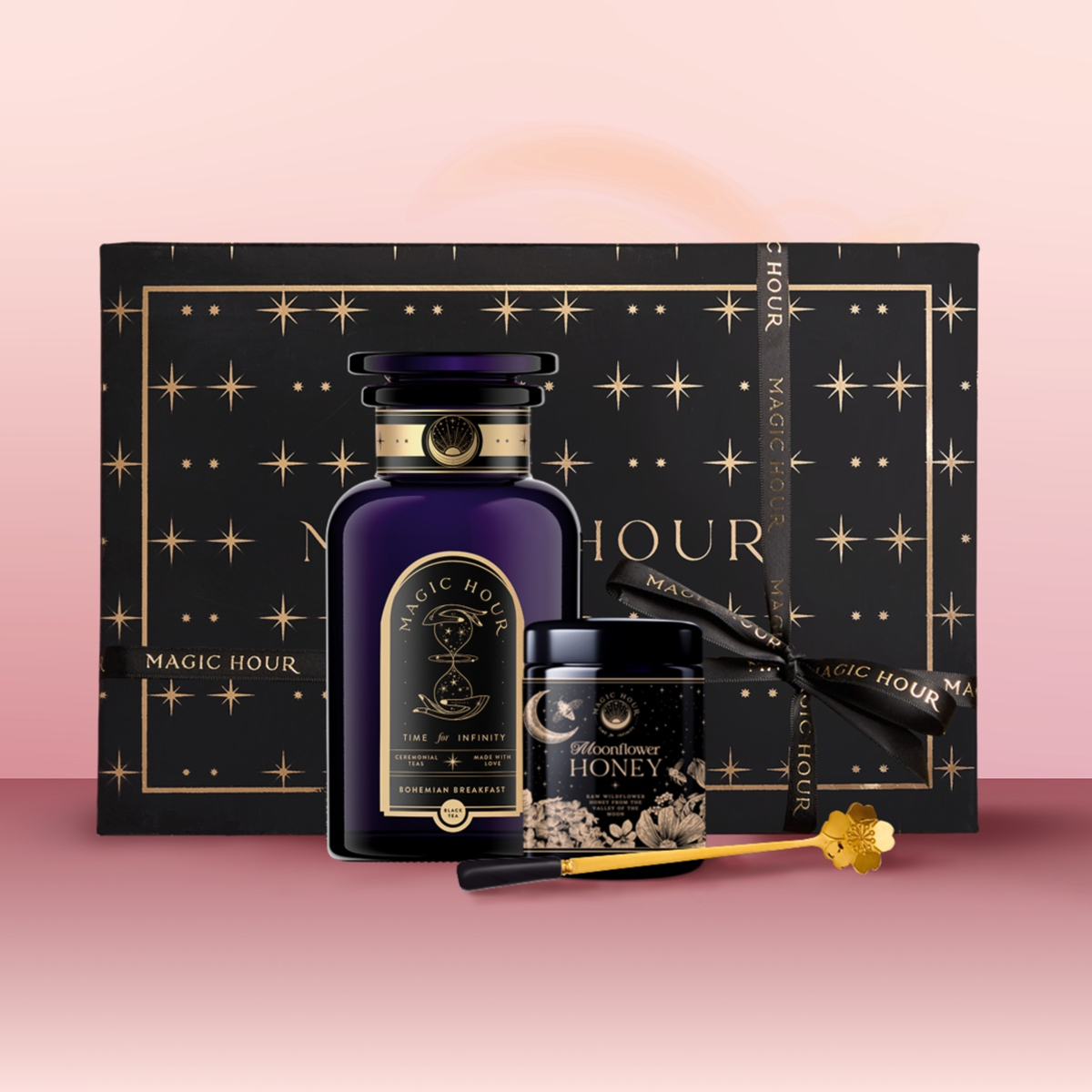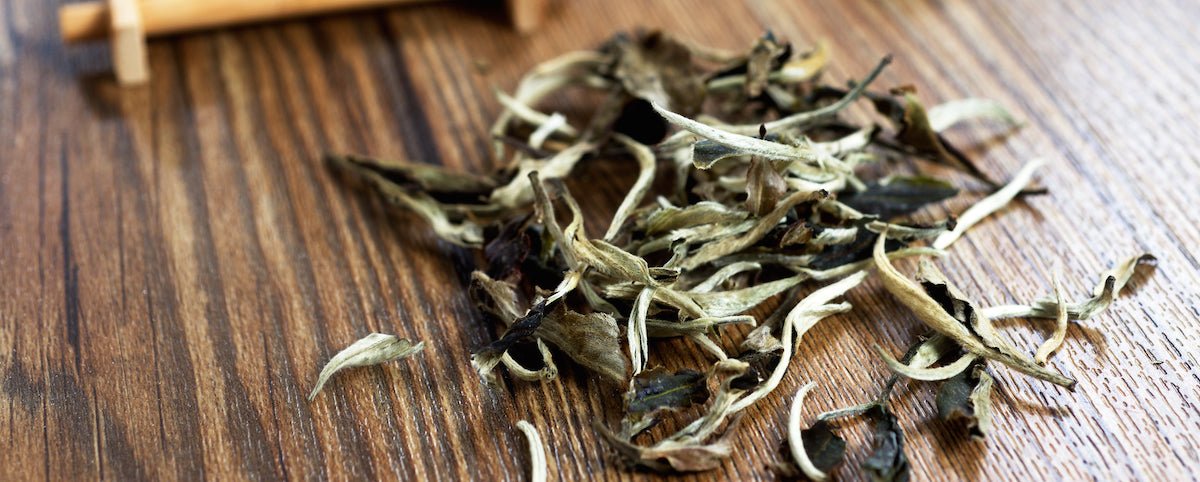White tea is a beautifully delicate and lightly processed type of tea derived from the camellia sinensis plant. It is harvested in springtime from young tea leaves and unopened buds, which are deftly plucked by hand and allowed to slowly wither under controlled conditions. Unlike other types of tea, white tea is only minimally oxidized, preserving its natural, fresh taste. The leaves typically undergo minimal rolling and drying, which helps to retain their delicate flavors.
White tea shares many similarities with green and black tea, as all three come from the same species of plant. The key differences in flavor and appearance lie in their processing methods. While white tea undergoes the smallest amount of processing and oxidation, green tea is lightly oxidized and black tea is fully oxidized. Due to its minimal processing, white tea retains a higher concentration of antioxidants and polyphenols compared to green and black teas, making it a popular choice among health-conscious tea drinkers.
Because white tea, green tea and black tea share a common origin, they also share a number of compelling health benefits. Tea is packed with polyphenols, and antioxidants such as catechins and flavonoids. These nutrients:
- Neutralize harmful free radicals in the body, thereby reducing the risk of chronic diseases like heart disease and certain cancers.
- Support cardiovascular health by improving blood vessel function and reducing inflammation. In some cases, this in turn lowers blood pressure.
- Help protect the skin from oxidative stress caused by free radicals and UV radiation, which is thought to reduce the appearance of fine lines, wrinkles and age spots. The polyphenols in tea may also aid in promoting collagen production, which is essential for maintaining skin elasticity and firmness.
- Can regulate cholesterol levels, decreasing harmful cholesterol while increasing beneficial cholesterol.
The caffeine content in camellia sinensis teas can enhance alertness and cognitive function. Regular consumption of tea has been linked to better metabolism, aiding weight management efforts. Additionally, tea’s potential to lower bad cholesterol levels and regulate blood sugar contributes to improved overall health.
Recent research has revealed a significant health advantage linked to white tea. The findings indicate that white tea extract can eradicate certain harmful bacteria, viruses and fungi within the body, surpassing the performance of other tea varieties. The study primarily concentrated on bacteria responsible for staph, strep and pneumonia. While it’s previously been shown that green tea promotes the immune system to fight disease, new findings are showing that white tea extract actually kills the pathogens that cause disease.
Research has also shown that white tea, abundant in fluoride content, can play a role in inhibiting the development of dental plaque. Another study suggests that white tea is highly protective against colon cancer.
In Chinese dietary therapy, tea in general is used to address a variety of conditions. It is used for a number of conditions centered in the head and throat: it alleviates headaches, brightens the eyes, treats dizziness, promotes clarity of thinking and clears the voice. It also is used as a digestive aid for both acute and chronic digestive upset, and to relieve severe thirst. Tea is also said to illuminate the spirit, and invigorate the constitution.
Tea is also used topically. A strong brew can be applied as a poultice to dry up rashes like poison oak and poison ivy. (We'd recommend Silver Moon.)
When comparing white tea to its counterparts, it stands out as the most cooling type of tea. (The temperature properties of an herb describe its effects on the body and don’t depend on the physical temperature at which the herb is consumed. So whether you drink white tea hot or iced, it will still have cooling effects on the body).
At the heart of Eastern medicine is the philosophy that each individual comprises a unique combination of five basic elements present in the universe: wood, fire, earth, metal and water. These elements are the building blocks of all of nature. As humans are a part of and an extension of nature, the elements come together in our bodies, giving rise to our life force energy, governing how our bodies function, and determining how we harmonize with the environment that we live in.
When there is imbalance between the elements, various symptoms can arise. An imbalance of the fire element is also called pathogenic heat; heat can disrupt the flow of qi (life force energy) and body fluids, and lead to various health issues depending on where it’s lodged:
- Fever or feverish sensation (even the thermometer reads a normal body temperature).
- Excessive thirst or sweating
- Redness and inflammation (think skin rashes, irritated eyes, sore throat)
- Irritability, restlessness, insomnia and mood disturbances
- Burning sensations (such as in the joints or while using the bathroom)
- Dryness, including dry mouth, dry throat and dry skin
Pathogenic heat has a number of causes, including excessive exposure to hot weather, consuming too much spicy or greasy food, and being in contact with microbes that carry heat energy. Pathogenic heat can also develop in the body when qi and blood are not moving, or when emotions fester.
Because of its cooling properties, white tea makes an excellent ally during warmer months. White tea is naturally cool and refreshing just like cucumber, watermelon and coconut water. That said, its benefits extend well beyond summer! (Sip Gemini White Tea with Watermelon & Pomegranate.)
White tea is an excellent accompaniment to meals. A small cup of white tea after having spicy or greasy food can help support and balance the digestive system. Also, many people experience digestive upset when traveling abroad. Of course the first line of defense is to make sure your food and water is safe, but I also highly recommend white tea for extra support to avert digestive issues spoiling a great adventure.
White, green and black teas all have beneficial effects on the spirit, but white tea is the superstar for when you’re feeling seething or hopping mad. Have you ever noticed that when cartoon characters are furious or frustrated they turn red? There’s something to that: it’s heat! If you need to cool down emotionally, white tea is an excellent ally. White tea probably won’t resolve the issue that upset you, but it can help you face the issue with greater balance and equanimity.
These are my favorite white teas right now:
Lotus Mind: Tea for the Crown Chakra
Delicately harvested by hand, each tender tea shoot is gently dried in indirect sunlight & moonlight. From the highest peaks of a sacred valley, each young tea bud is covered in silver down, creating an effervescent flavor profile which is ephemeral & transcendent of earthly concerns.

Sip Lotus Mind
Butterfly Blue Coconut Cream White Tea
I LOVE Pina Coladas, but I definitely don’t love rum or the high calories that come with a real Pina Colada, so I created this blend to feel as celebratory as the cocktail but with creamy dreamy coconut and butterfly pea tea for a blue tropical iced tea that is a powerful hydration drink for summer. I love adding a splash of coconut milk to this one for a rich blue iced latte!

Sip Butterfly Blue Coconut Cream
Pink Tourmaline Organic Dragonfruit Hibiscus White Tea
Steep this bright pink white tea blend teeming with adaptogens & wellness herbs like Shisandra Berry, Shatavari, Gingko Biloba & Echinacea and find joy in this dopamine-inducing fruit-forward cornucopia blend of happiness. Never has there been such a gorgeous-hued women's wellness tea formulated with your heart health, immunity and breast health in mind that tastes like a pink cloud but packs a serious wellness punch.

Sip Pink Tourmaline
If you tend to consistently run cold, feel averse to chilly weather, experience joint pain when you’re cold, or feel like your system doesn’t need cooling for any other reason, black tea might be a better choice for you. In that case, I’d suggested that you check out our Black Tea Collection.
Written by Dr. Olivia McMullen







